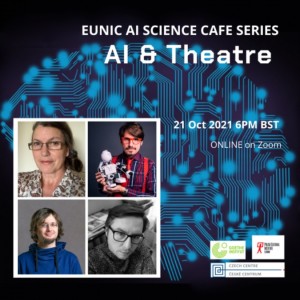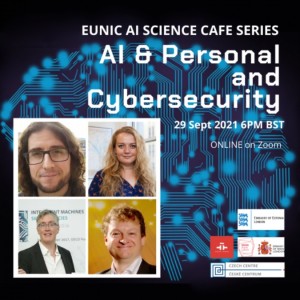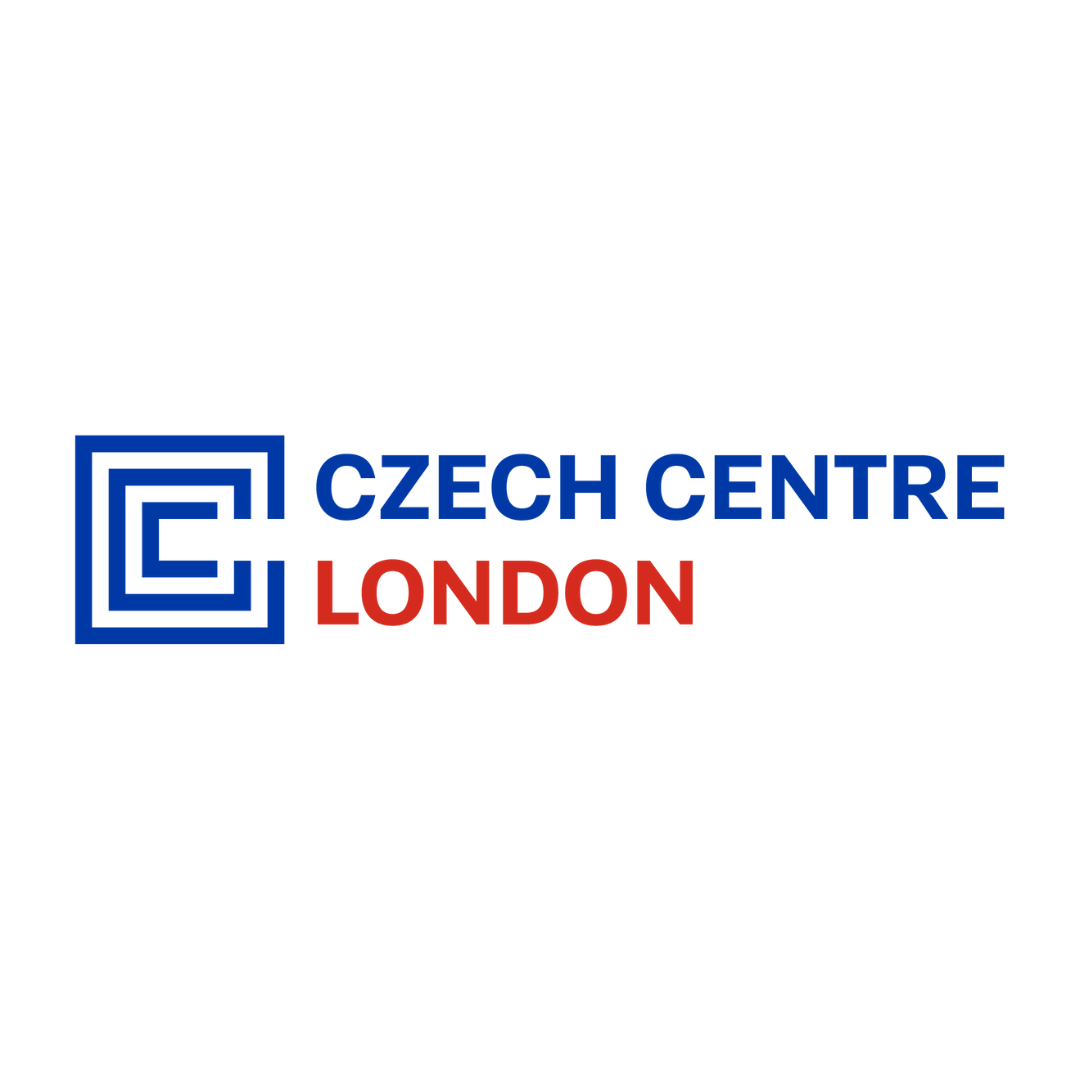Episodes

Friday Apr 08, 2022
Humanitarian and Relief Aid for Ukraine
Friday Apr 08, 2022
Friday Apr 08, 2022
Listen to a discussion about the urgency for humanitarian relief aid and its various forms as well as the latest development in Ukraine, discussed by internationally recognized experts and field practitioners from Ukraine, Czech Republic, Poland and United Kingdom.
SPEAKERS:
Šimon Pánek, Director and Founder, People in Need Foundation
Maria Montague, Deputy Director, Ukrainian Institute
Radka Rubilina, Director, Czech Centre Kyiv
Barbara Drozdowicz, CEO, East European Resource Centre
CHAIRED BY:
Klára Skřivánková, Trust for London
For more information please visit our website here: LINK

Friday Mar 11, 2022
Ukraine at War: United We Stand, Divided We Fall
Friday Mar 11, 2022
Friday Mar 11, 2022
Listen to a discussion about the impact & possible detrimental outcomes of the war in Ukraine with leading experts on Eastern Europe and Russia. The panelists explore the roots of the Russian invasion from the collapse of the Soviet Union and the establishment of Ukraine to the rise of Vladimir Putin, Russia’s seizure of Crimea and the current war.
The panel features Edward Lucas, expert on Central and Eastern European politics, economics and security, Rt Rev. Kenneth Nowakowski, the Eparchial Bishop of the Ukrainian Catholic Eparchy of the Holy Family of London, Marina Pesenti, former Head of Ukrainian Institute London, James Rodgers, former BBC Correspondent in Moscow and Pavel Seifter, former Czech Ambassador to the UK.
For more information please visit our website here: LINK

Monday Feb 14, 2022
Sensing Places: Looking for a way back home
Monday Feb 14, 2022
Monday Feb 14, 2022
Artist Tereza Stehlikova in conversation with curator Gareth Evans about her multi-disciplinary artistic practice and reflect on the importance of unique places and spaces in inspiring and shaping her ideas.
More info at https://bit.ly/36dLctu

Wednesday Dec 08, 2021
EUNIC AI Science Café Series: AI & Theatre
Wednesday Dec 08, 2021
Wednesday Dec 08, 2021
The new EUNIC AI Science Café Series aims to present current and timely topics alongside the proposals for innovative, bold and inspirational solutions to tackle key issues. The contributors are experts from the EUNIC member states, many of whom represent international teams and their counterparts from the United Kingdom.
The fifth talk invites you to learn more about the collaboration between AI and theatre with artists and AI experts
• Piotr Mirowski - DeepMind, Improbotics
• Marcel Karnapke - CyberRäuber
• Rudolf Rosa - THEaiTRE
Chaired by Tracy Harwood, Professor of Digital Culture at the De Montfort University and director of the award-winning Art AI Festival.
More info at https://bit.ly/3EEIjy5

Wednesday Dec 08, 2021
EUNIC AI Science Café: AI & Personal and Cybersecurity
Wednesday Dec 08, 2021
Wednesday Dec 08, 2021
The new EUNIC AI Science Café Series aims to present current and timely topics alongside the proposals for innovative, bold and inspirational solutions to tackle key issues. The contributors are experts from the EUNIC member states, many of whom represent international teams and their counterparts from the United Kingdom.
The fourth talk invites you to learn more about the threats and risks in online environment and most efficient approaches of cyber security and privacy with
• Karoliina Ainge - Cybersecurity and Technology Lead at Independent Diplomat
• Dr Luis Espinosa-Anke - Cardiff University
• Jiří Berger - forensic expert in Cybersecurity
Chaired by PhD. Joanna J. Bryson, the Professor of Ethics and Technology at Hertie School of Governance
More info at https://bit.ly/308VhVW

